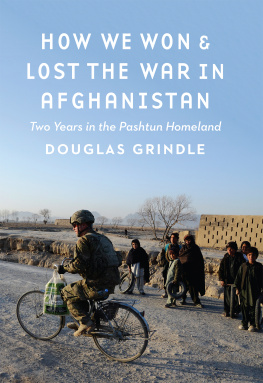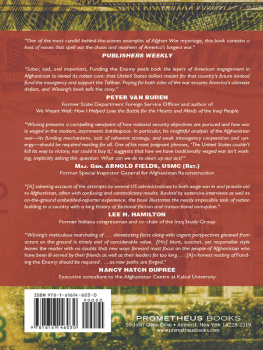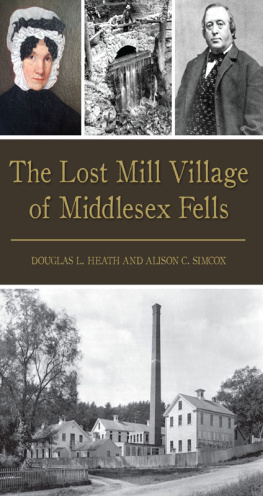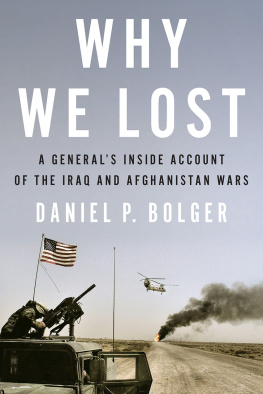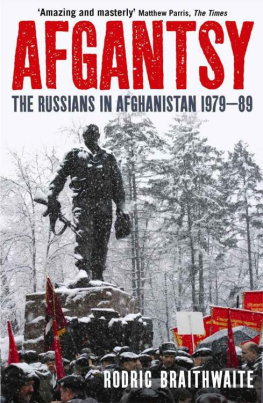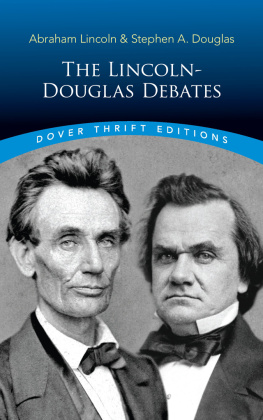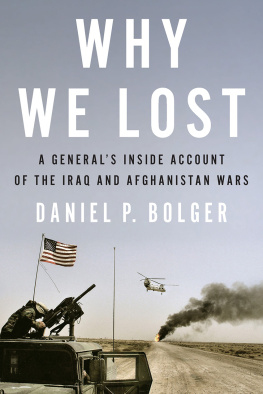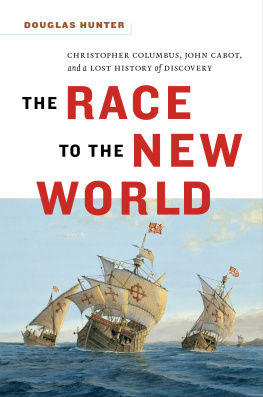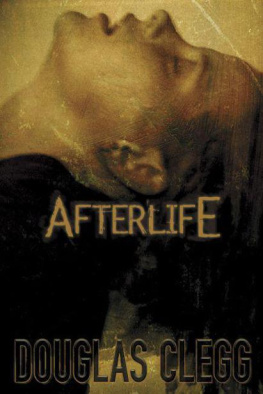Douglas Grindle - How We Won and Lost the War in Afghanistan
Here you can read online Douglas Grindle - How We Won and Lost the War in Afghanistan full text of the book (entire story) in english for free. Download pdf and epub, get meaning, cover and reviews about this ebook. year: 2017, publisher: Potomac Books, genre: Detective and thriller. Description of the work, (preface) as well as reviews are available. Best literature library LitArk.com created for fans of good reading and offers a wide selection of genres:
Romance novel
Science fiction
Adventure
Detective
Science
History
Home and family
Prose
Art
Politics
Computer
Non-fiction
Religion
Business
Children
Humor
Choose a favorite category and find really read worthwhile books. Enjoy immersion in the world of imagination, feel the emotions of the characters or learn something new for yourself, make an fascinating discovery.
- Book:How We Won and Lost the War in Afghanistan
- Author:
- Publisher:Potomac Books
- Genre:
- Year:2017
- Rating:3 / 5
- Favourites:Add to favourites
- Your mark:
- 60
- 1
- 2
- 3
- 4
- 5
How We Won and Lost the War in Afghanistan: summary, description and annotation
We offer to read an annotation, description, summary or preface (depends on what the author of the book "How We Won and Lost the War in Afghanistan" wrote himself). If you haven't found the necessary information about the book — write in the comments, we will try to find it.
How We Won and Lost the War in Afghanistan — read online for free the complete book (whole text) full work
Below is the text of the book, divided by pages. System saving the place of the last page read, allows you to conveniently read the book "How We Won and Lost the War in Afghanistan" online for free, without having to search again every time where you left off. Put a bookmark, and you can go to the page where you finished reading at any time.
Font size:
Interval:
Bookmark:
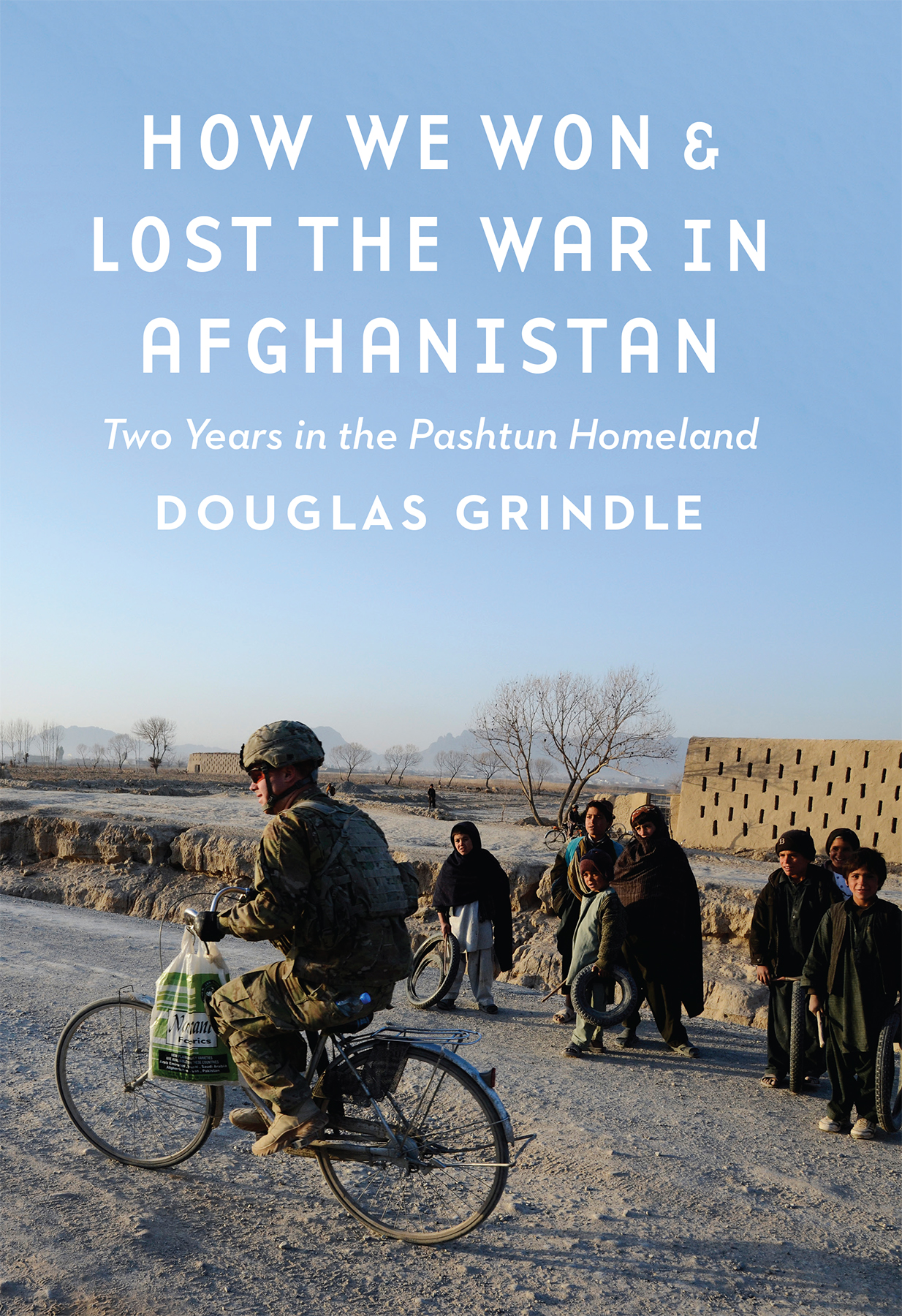
The best book yet to explain what the civilians in Afghanistan at the district level actually were doing and trying to do. Highly readable: it contains much from which we could learn if we have the will to do so.
Ambassador Ronald E. Neumann, author of The Other War: Winning and Losing in Afghanistan
Douglas Grindle has gone more than the extra mile. Crisscrossing the battlefields of Iraq and Afghanistan, we sometimes met in the most unlikely places, ranging from Mosul to our last encounter in a Stone Age village in the Afghan hinterlands. Grindle truly has been there, done that, and writes from rare experience.
Michael Yon, former Green Beret, war correspondent, and author of Moment of Truth in Iraq and Danger Close
Doug Grindles insightful understanding of the Afghan people and their trials and tribulation make this account a must-read. There is much to learn from those who would dare to enter this world. This lively account of the war in the villages is highly recommended and will not disappoint.
Sam Striker, author of The Humanity of Warfare: Social Science Capabilities and the Evolution of Armed Conflict
This is the story of a man who couldnt look away. Douglas Grindle first traveled to Afghanistan as a reporter to cover the war; then he returned as an aid worker to help build the peace. For years he lived under its spell, enthralled by its mysteries, vigilant of its dangers, but ultimately uncertain if he was able to do any good. Much like the United States and its allies.
Kevin Sites, associate professor of practice at the Journalism and Media Studies Centre at the University of Hong Kong, and author of Swimming with Warlords: A Dozen-Year Journey across the Afghan War
Douglas Grindle
Potomac Books
An imprint of the University of Nebraska Press
2017 by Douglas Grindle.
Cover designed by University of Nebraska Press; cover image Douglas Grindle.
Author photo Ken Paprocki.
All photos by the author.
All rights reserved. Potomac Books is an imprint of the University of Nebraska Press.
Library of Congress Cataloging-in-Publication Data
Names: Grindle, Douglas, author.
Title: How we won and lost the war in Afghanistan: two years in the Pashtun homeland / Douglas Grindle.
Description: Lincoln: Potomac Books, an imprint of the University of Nebraska Press, 2017. | Includes bibliographical references and index.
Identifiers: LCCN 2017017416 (print)
LCCN 2017037656 (ebook)
ISBN 9781612349541 (cloth: alk. paper)
ISBN 9781612349916 (epub)
ISBN 9781612349923 (mobi)
ISBN 9781612349930 (pdf)
Subjects: LCSH : Afghan War, 2001Personal narratives, American. | Afghan War, 2001Journalists. | Grindle, Douglas.
Classification: LCC DS 371.413 (ebook) | LCC DS 371.413 . G 754 2017 (print) | DDC 958.104/7dc23
LC record available at https://lccn.loc.gov/2017017416
The publisher does not have any control over and does not assume any responsibility for author or third-party websites or their content.
To those Afghans, Americans, and people of allied nations who gave much of themselves to make Afghanistan a better place
Maps
This book could not have been written without help from a wide range of people who provided the inspiration and insights needed to bring it to fruition.
In Afghanistan I was incredibly lucky to collaborate with many colleagues in the field who worked in the military, in government, and in private employment. They made it possible for us to understand our options so we could push forward on many fronts and make our corner of Afghanistan a better place. Without their wisdom and hard work, none of this would ever have happened. Sadly, with the continuing instability in Afghanistan, it is best to leave a number of names of these brave Afghans unwritten in the text.
The manuscript owes a great debt to my tireless editor, Laura Taylor, who ensured common sense and good grammar prevailed.
The editors and staff at University of Nebraska Press, to include Tom Swanson, Natalie ONeal, and Leif Milliken, worked with understanding and professionalism to ensure the best possible book emerged between two covers. They are a first-rate team, and it has been a privilege to work together.
I take sole responsibility for any errors that have crept into the work despite the best efforts of all concerned.
Finally, I appreciate most of all the unending support of my wife, Joy Grindle, who has made the writing of this book an easier task. She was a model of forbearance as I disappeared for nights on end to polish and repolish these words, and she is the best wife anyone could ask for.
In the faded photo a woman stands in bright sunlight in the middle of a poor Afghan village. She gazes confidently into the camera lens. She is in her twenties, with almond skin and black hair tied back. She wears a pleated skirt and a blazer, and she holds a sheaf of papers. Behind her is a mud house. She is a government employee charged with helping villagers stay healthy, and shes clearly proud of her position as a servant of Afghanistan.
The woman was a community health worker. The photo dates from the early 1970s, when she was sent into the villages to improve the health of the women. If she is still alive she would be about seventy. There is a good chance she died many years ago. The average life span for Afghan women is fifty-one years, and forty-eight years for men. More than a million people died during the Soviet war of the 1980s.
The Afghan government no longer sends neatly attired health workers into the villages. The picture is a relic of the past. The government does maintain community health teams inside villages. Often they are husband-and-wife teams. They receive limited training, and they usually keep a low profile to avoid attracting the attention of the Taliban, who would harass or kill them.
Thirty years later a man walks out of Mirwais Hospital in Kandahar City. He is tall, thin, and in his mid-forties. He is dressed neatly, with a worn blazer over his Afghan shalwar kameez clothing. But he wears a harried look, as if the day is too short and life too ephemeral to carry the many burdens he bears. He throws his leg over his motorcycle and starts the engine, roaring off.
The man is Dr. Mousa, a full-time physician employed at the government-run hospital. He also works as the governments director of health in Dand District, being responsible for its seventy-five thousand people. He splits his time between the district and the hospital. Because his pay at the hospital is low and he is not paid at all for his work in Dand, he works a third job at a private clinic. His daily pace is frenetic. Dr. Mousa has too many places to go and not enough time. Soon he will lose his job at the private clinic for not putting in enough hours. Dr. Mousa is constantly worried about earning enough money to feed his family.
Even though Dr. Mousa is the health officer for the district, he rarely visits the husband-and-wife teams in the villages. Security threats dont deter him. Unfortunately he cannot afford to go. The government does not pay him, nor does it provide a fuel allowance for his motorcycle. His hospital pay will either feed his family or fund his visits to the community health workers, but not both.
In 2011 Dr. Mousa worked in Dand for nine months without pay. He never received a fuel allowance. He never went to check on the village health teams. Eventually the health ministry shifted Dr. Mousa to another job that offered a salary.
Font size:
Interval:
Bookmark:
Similar books «How We Won and Lost the War in Afghanistan»
Look at similar books to How We Won and Lost the War in Afghanistan. We have selected literature similar in name and meaning in the hope of providing readers with more options to find new, interesting, not yet read works.
Discussion, reviews of the book How We Won and Lost the War in Afghanistan and just readers' own opinions. Leave your comments, write what you think about the work, its meaning or the main characters. Specify what exactly you liked and what you didn't like, and why you think so.

